Plastic recyclers appear to be remaining cautiously optimistic about export markets in the face of market challenges around material quality and the China export restrictions. However, some have questioned the long-term viability of the emerging export markets which are now taking some material which would have gone to China.
There have also been widespread calls for the quality of materials to be increased by supermarkets and through council kerbside collections to counter the problem of finding end markets for lower quality plastics.
The Chinese restrictions have been branded “good news” by some in the industry, particularly domestic sorters as there is now a “larger pool to choose from”. Others have said it is too early to tell what the long-term input will be. “Anyone who says they do know at this stage what will happen, is lying”, said one insider.

Various sources explained that they felt the government needs to look at its mixed plastic recycling system and increase the quality of what it collects. “If they don’t, problems will continue to persist with end markets for low quality materials. Simply exporting this material with some of it landfilled overseas is not a sustainable model. We need to learn from our mistakes.”
Some exporters however have said that accusing exporters of claiming 100% PRNs unjustly is “easy to do” when you are not accepting material which cannot be processed here. “The stuff exporters are accepting can be processed elsewhere with cheaper labour costs. Otherwise this would simply go to landfill”.
Film – LDPE
In the film markets, there was a general feeling that some of the film which would have previously been shipped to China has found new markets, at least for now. These range from Eastern Europe to south east Asian countries such as Vietnam, Thailand and also Malaysia.
“The popular view is that ultimately this is not sustainable in the long term alternative outlets will have to be found, but for now we are coping,” another said.
Another exporter explained that the countries which have been taking this material, particularly of lower quality, have already had various licensing issues and expect to see a drop in the near future.
“Eventually nobody will take this material. Although lower quality materials have always been shipped there it is nowhere near the scale that happened in China.”
For others, there is a growing feeling that it is simply “business as usual” with the new markets. Others feel that now is the time to improve quality and also review the export PRN.
In terms of actual exports of plastics, the latest draft PRN export figures show that 28,354 tonnes of plastic waste was accepted or exported last month, a small increase on January last year, when the Chinese markets were still open. This seemingly backs up the viewpoint that alternative markets have been found.
Pressures
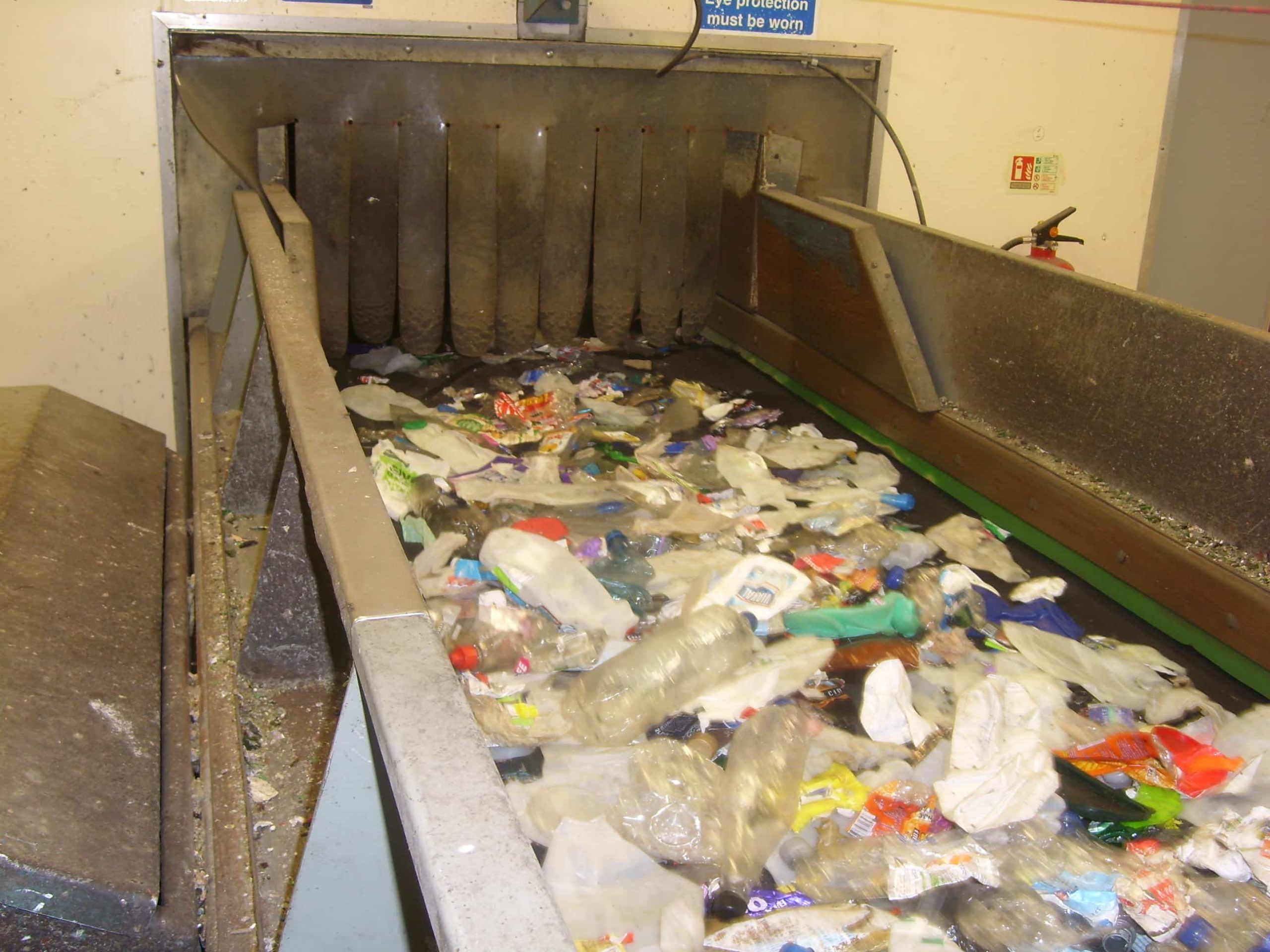
The market pressures are readily apparent in terms of prices. The price for 80:20 export film fell by nearly £100 a tonne in the last 12 months, from approximately £55 a tonne in January 2017, with some exporters even now commanding gate fees of up to £50 a tonne. Indicators are that recyclers will move away from this grade to making 95:5 or 98:2 – the smaller number usually relates to non-film materials such as bottles or PTT rather than rubbish.
The major problems that arise from the Chinese restrictions generally seem to affect the 95:5 and downwards markets. For 80:20 and below there are already gate fees. “Unless companies update material the only thing we can do is hand sort which adds cost and de-values material, as more staff are needed,” said one reprocessor.
There are signs of investment in the UK film markets, however. Last month, waste management firm Panda, a subsidiary of the Irish Beauparc Utilities group, announced it is to open a recycling facility for waste plastic films in the UK. It will process around 10-15,000 tonnes per annum of plastic film a year which will be sold back to supermarkets (see letsrecycle.com story). Beauparc Utilities managing director Desmond Crinion explained to letsrecycle.com that the plant is financially viable, in-part because of the current low price for raw material brought on by the China waste restrictions.
Despite the facility being built, there was a general agreement that corporations, particularly supermarkets, are generally just doing “the bare minimum”. One plastic expert explained that he has seen “paltry commitments but not enough to get us to where we want to be” from many major supermarkets.
Every major British supermarket has released a plastics strategy or made pledges to reduce the levels of plastic it produces. Despite this, there was a general acceptance that in general, the minimum was being done. Many pointed to the fact that such pledges were all voluntary, and if there were “greater incentives” more meaningful steps would be taken by supermarkets.
HDPE
HDPE- High-density polyethylene – is one of the most commonly used plastics in the world. This covers products such as milk cartons, shampoo, detergent and bleach bottles and a variety of other products.
Using recycled material can actually be cheaper than virgin materials, depending on the price of oil, which largely drives the price of HDPE. Last month, the price of oil rose to a five-year high of more $70 a barrel though this has dropped slightly in February. BP have been on record to say that bans around the world on single use plastic items such as carrier bags will dent growth in oil demand over the next two decades.
For some UK-based plastics reprocessor however, the increased pressure from the government on producers has led to increased demand, particularly for recycled materials.
“The world is quite a nice place to be in for us at the moment” said one UK-based HDPE plastic recycler. They added: “In all honesty we haven’t seen any drop in the use of plastics. If anything, particularly for recycled plastic, demand is growing. The press around plastic has done nothing other than stimulate lots of activity for us.”
Other HDPE processors also added that the Chinese issues have helped create larger pool to purchase in the UK for them to buy.
PTT
Made out of PET and PP, pots tubs and trays, from margarine tubs to paint containers, remains a controversial area for local authorities. While some are introducing new collection schemes for PTT, others say that it is better to burn the material.
For example, in Southern England this month residents of Bracknell Forest, Reading and Wokingham Boroughs can now recycle PTT after waste management partnership – the re3 partnership which is responsible for recycling and waste in the areas – began accepting the material as part of household kerbside recycling. This adds to the 76% of local authorities which already collected PTT in 2017, according to figures from RECOUP.
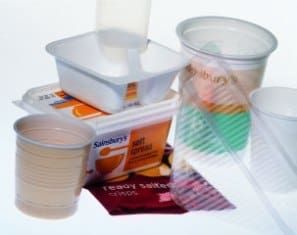
“There is a strong market and it remains a strong commodity,” claimed one UK reprocessor of PTT. Others stated that more needs to be done to encourage local authorities to take the material, and that the process should be as easy as possible.
Others felt that although there is a demand for the final product of recycled PTT, the process of recycling and processing this material is costly. Many stated that unless companies update material the only thing that can be done is hand sort which adds cost and de-values material as more staff is needed.
However, as prices have started to fall for lower grade plastics, there has been a growing feeling that lower quality plastics such as carrier bags and jazz film in parts of the UK will be used as an RDF feedstock.
Earlier this month, the Greater Manchester Waste Disposal Authority (GMWDA) was told that plastic pots, tubs and trays are “a very important part of the calorific value” required to supply the ‘thermal power station’ at Runcorn run by Viridor. The GMWDA was also told that the benefits of incineration “far out-weighed” that of recovering any resource from PTT.
This was described as “not ambitious enough” by some, but many were in agreement that in the short term this can help, “until the quality of stock improves”.
Outlook
There are a range of views as to how the market will pan out this year. There is an acknowledgement that more domestic shredding and pelletising capacity will come on stream and also that the market will as ever be influenced by the oil price. And, the fact that more material may be now available in the UK market at lower prices (or gate fees) could become a useful boost to help domestic reprocessors.
_________________________________________________________________________________________
MRF and Markets Conference | 8 March 2018 | National Motorcycle Museum, Solihull
This year’s MRF Conference will bring together experts from across the industry to consider and discuss policy, regulations, latest developments and case studies as well as debate some of the key issues in the industry.





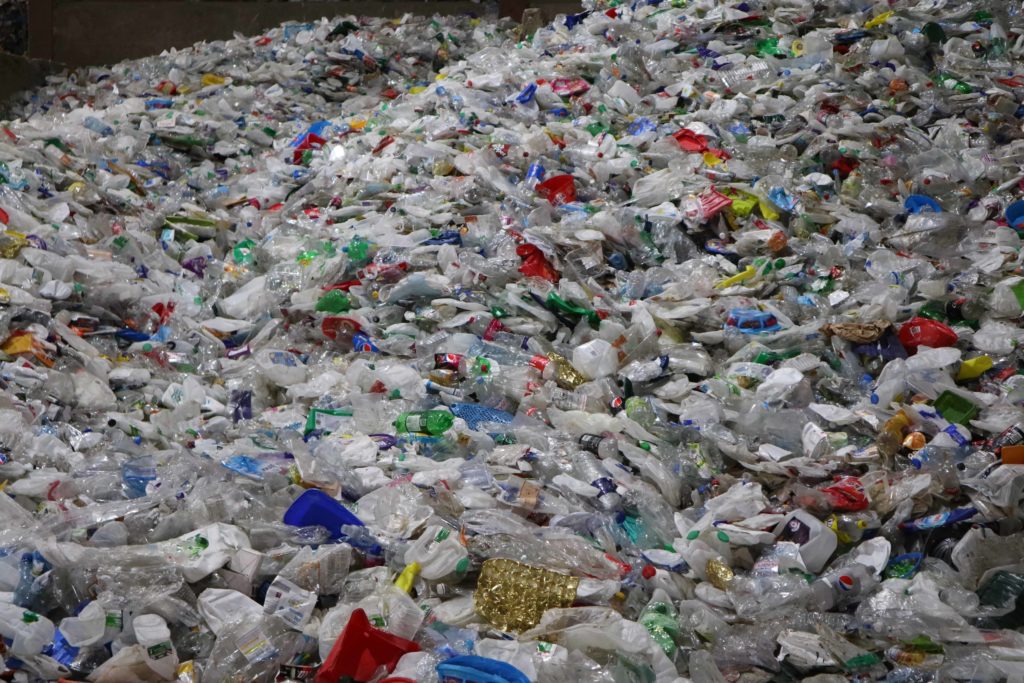
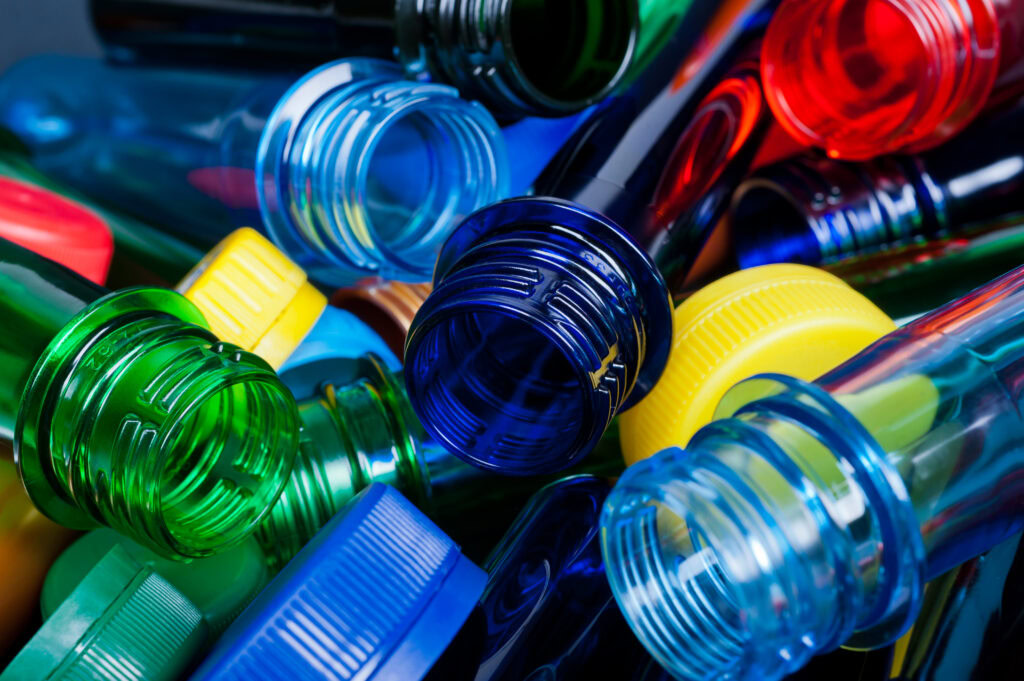
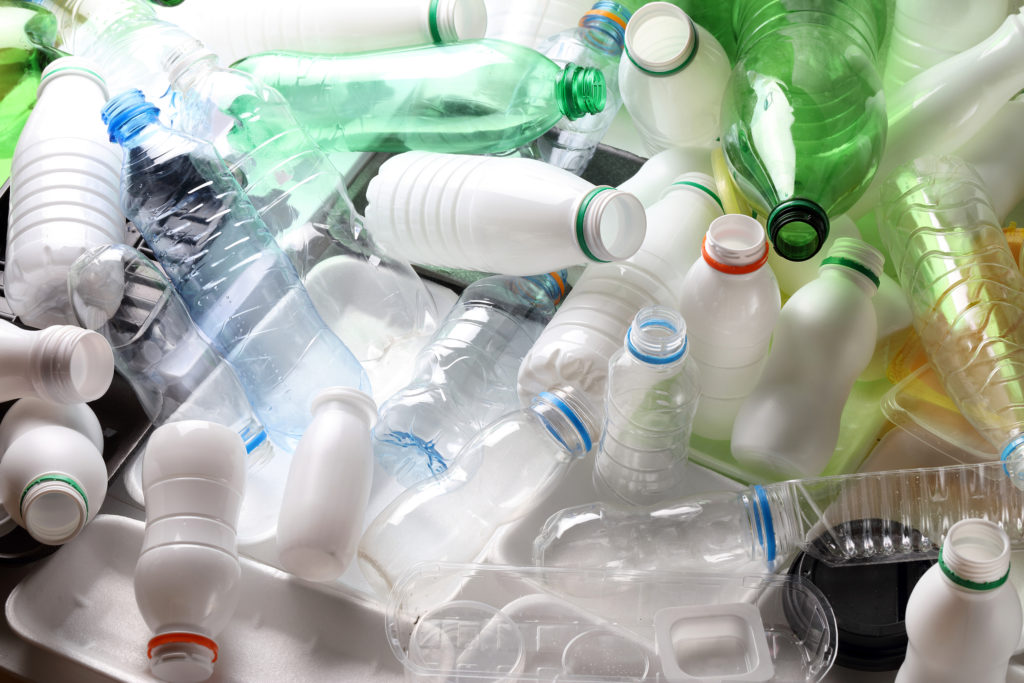


Subscribe for free